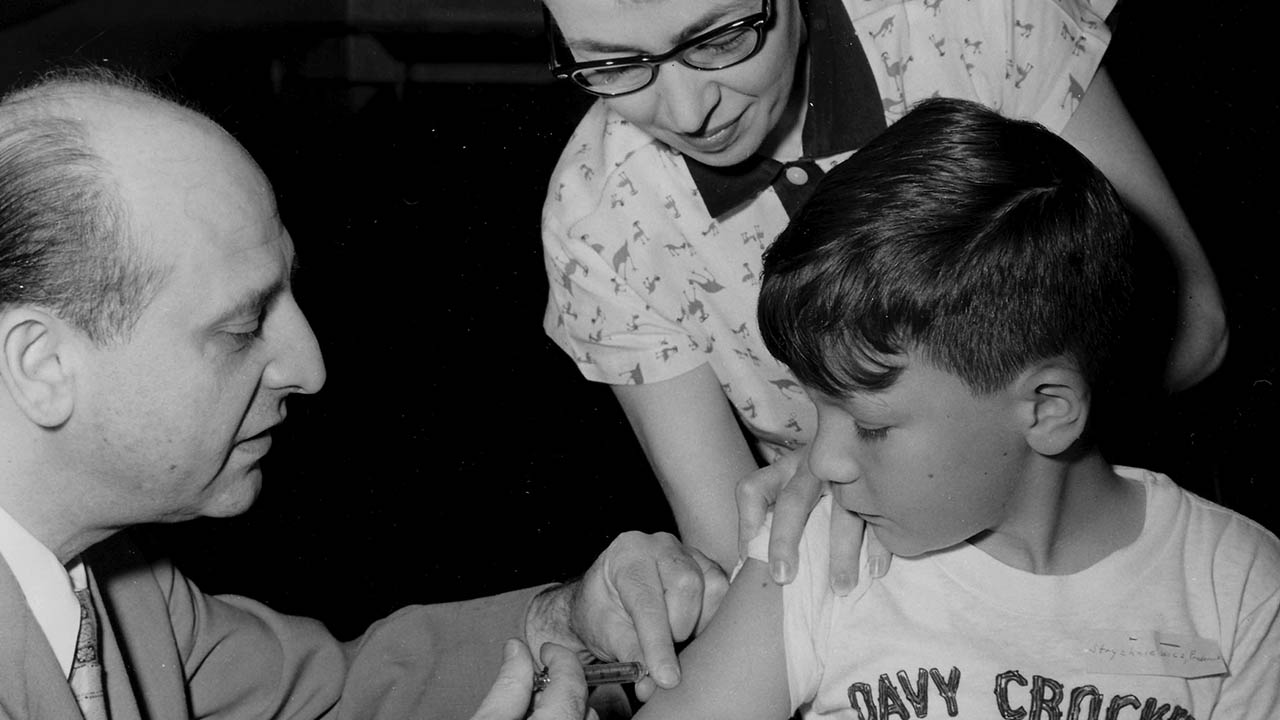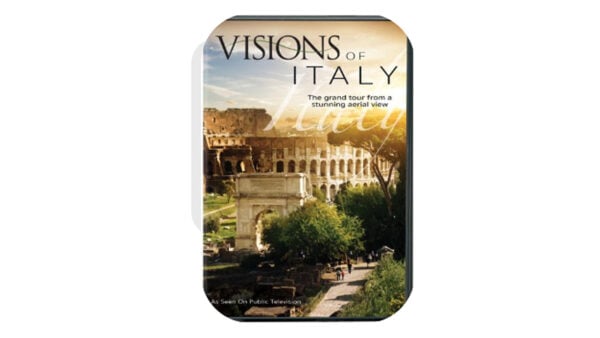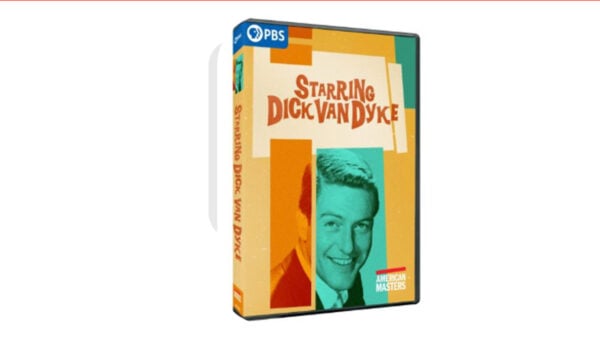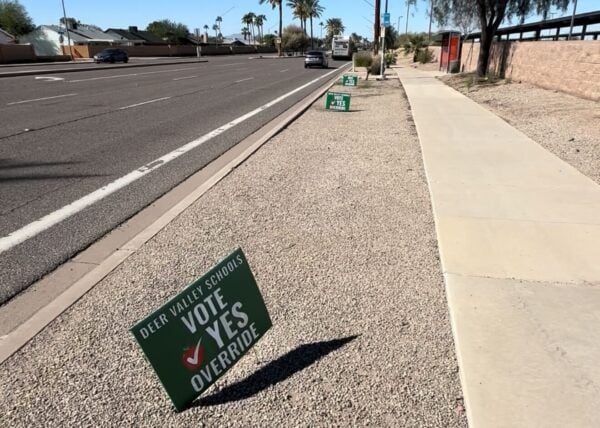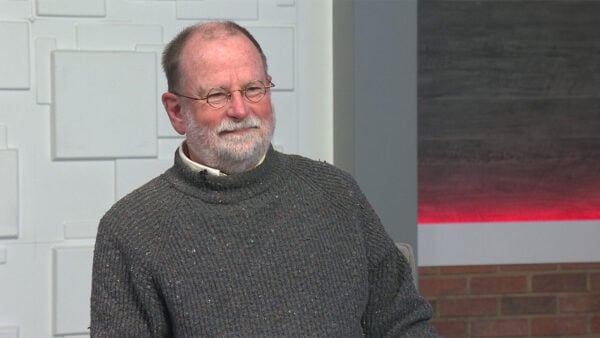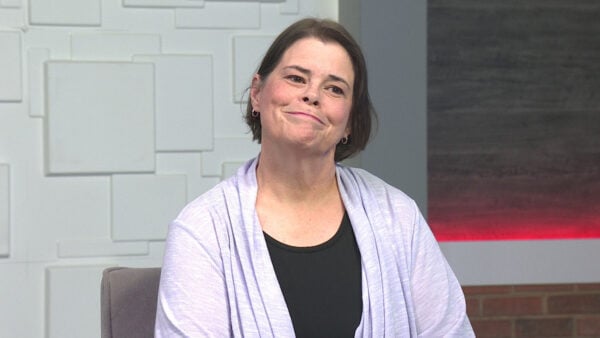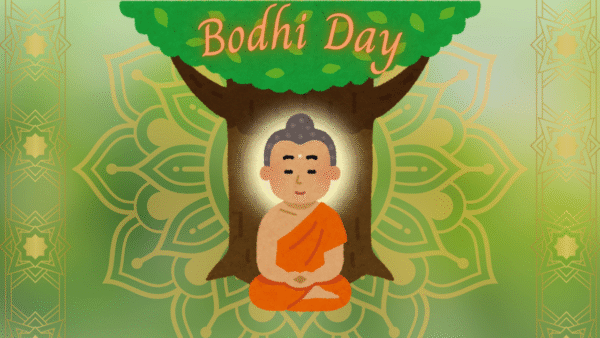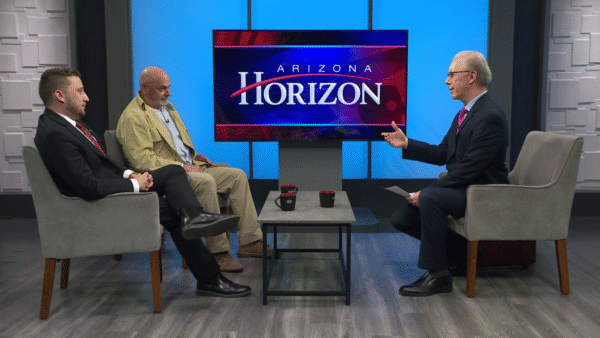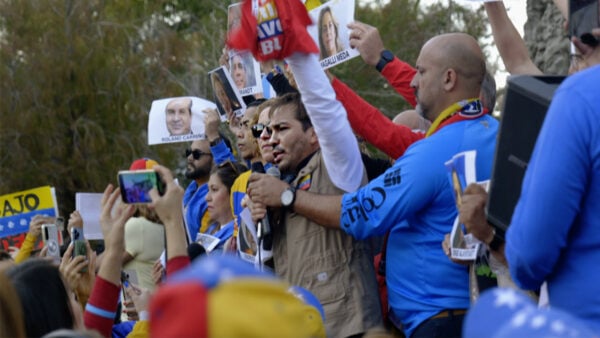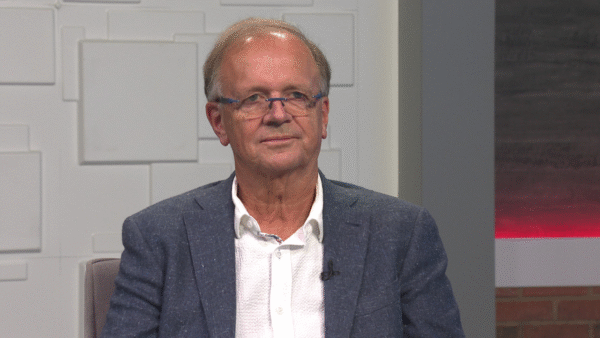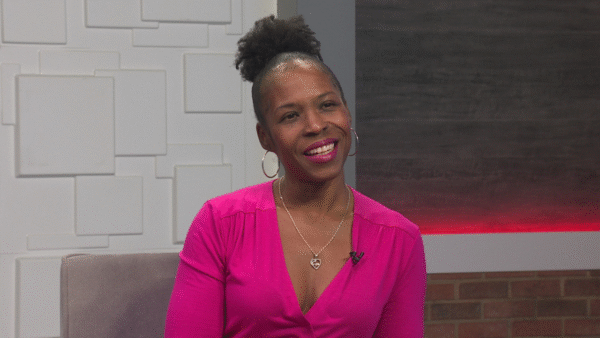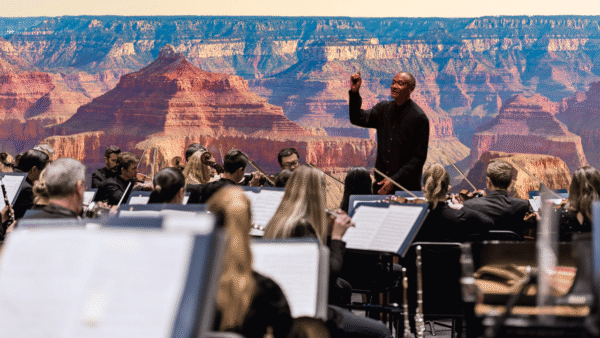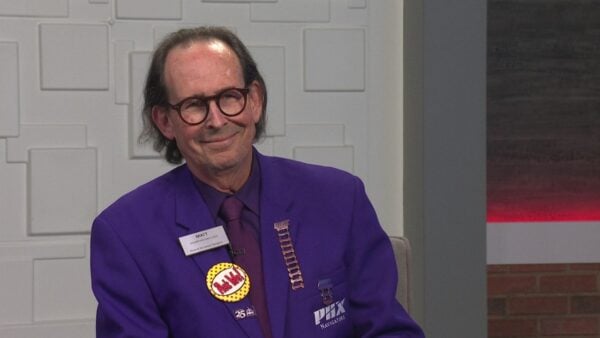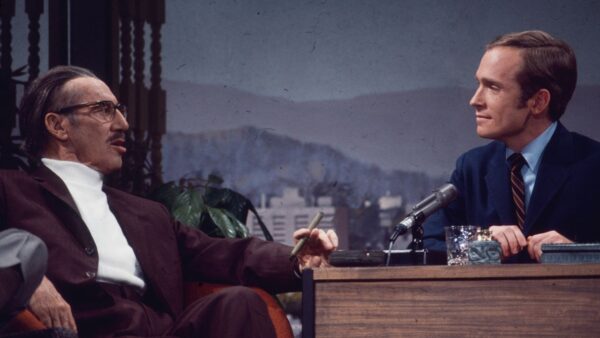Airs on Tuesday, June 15 at 8 p.m.
Discover the story of the dreaded disease that gripped the nation in fear, leaving thousands paralyzed. The film “American Experience: The Polio Crusade” weaves personal accounts of polio survivors with the story of the ardent crusader who tirelessly fought against it.
Based in part on David Oshinky’s Pulitzer Prize-winning book “Polio: An American Story,” the film features an interview with Julius Younger, the only surviving scientist from the core research team that developed the Salk vaccine.
In the summer of 1950, fear swept through the town of Wytheville, Virginia. Movie theaters shut down, baseball games were cancelled and panicky parents kept their children indoors. Outsiders sped through town with their windows rolled up and bandanas covered their faces. The ones who couldn’t escape the disease were left paralyzed, and some died in the wake of the devastating and contagious virus. Polio had struck in Wytheville. The town was in the midst of a full-blown epidemic. That year alone, 33,000 Americans fell victim – half of them under the age of ten.
Anne Crockett-Stark, just seven years old when her brother fell ill during Wytheville’s polio epidemic recalls: “Daddy and Mama took everything Sonny owned, all of his clothes, his bed, his chest of drawers, and he had a fabulous comic book collection. They took everything out to the middle of the garden and they made a pile and burned everything he owned. They were told to do that, so we would not get it.”
Decades before, polio victims found an unlikely champion in New York lawyer Basil O’Connor, who, in 1928, inherited the leadership of a polio rehabilitation center from his law partner, future president Franklin Delano Roosevelt. As the nation reeled from the economic trauma of the Great Depression, O’Conner faced a pressing challenge: funding. Rather than relying on wealthy philanthropists, O’Connor asked the public to contribute whatever they could. Within days, envelopes stuffed with change flooded the White House mailroom. “The March of Dimes” was born.
O’Connor invested in scientific research to create a vaccine that would end the disease and was impressed with one young researcher, whose sense of urgency matched his own: Dr. Jonas Salk, the director of the Virus Research program at the University of Pittsburgh.
On April 12, 1955, almost a year after the field trials ended, the Salk vaccine was ruled “safe, effective, and potent.” Within just a few years of being licensed, the Salk vaccine decreased the number of polio cases in the United States by 50 percent. By the early 1960s, the number of Americans contracting polio fell to a few thousand annually.
“The story of the polio crusade reminds us that Americans can come together to overcome a terrible disease,” says Susan Bellows, “American Experience” executive producer. “The result was a medical breakthrough that saved countless lives and had a pervasive impact on American philanthropy that continues to be felt today.”

